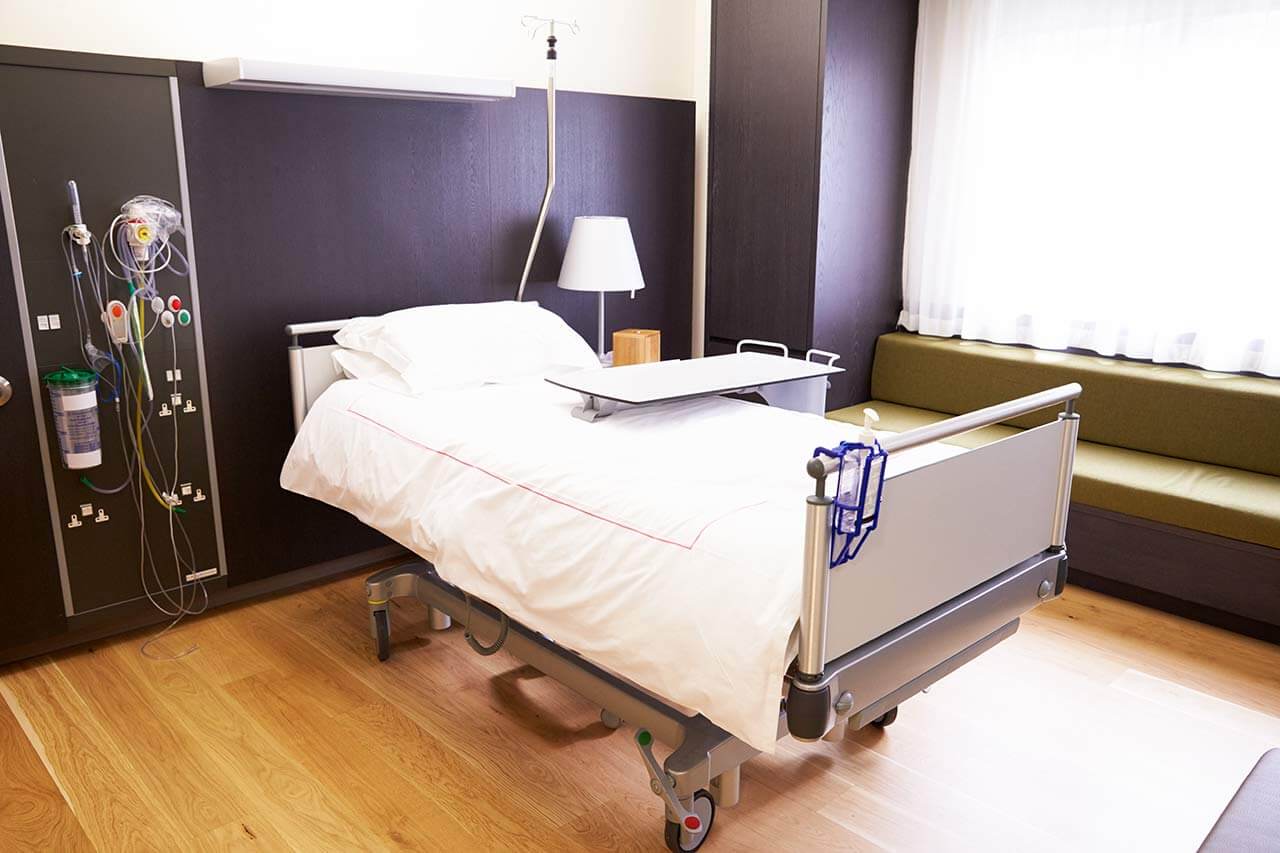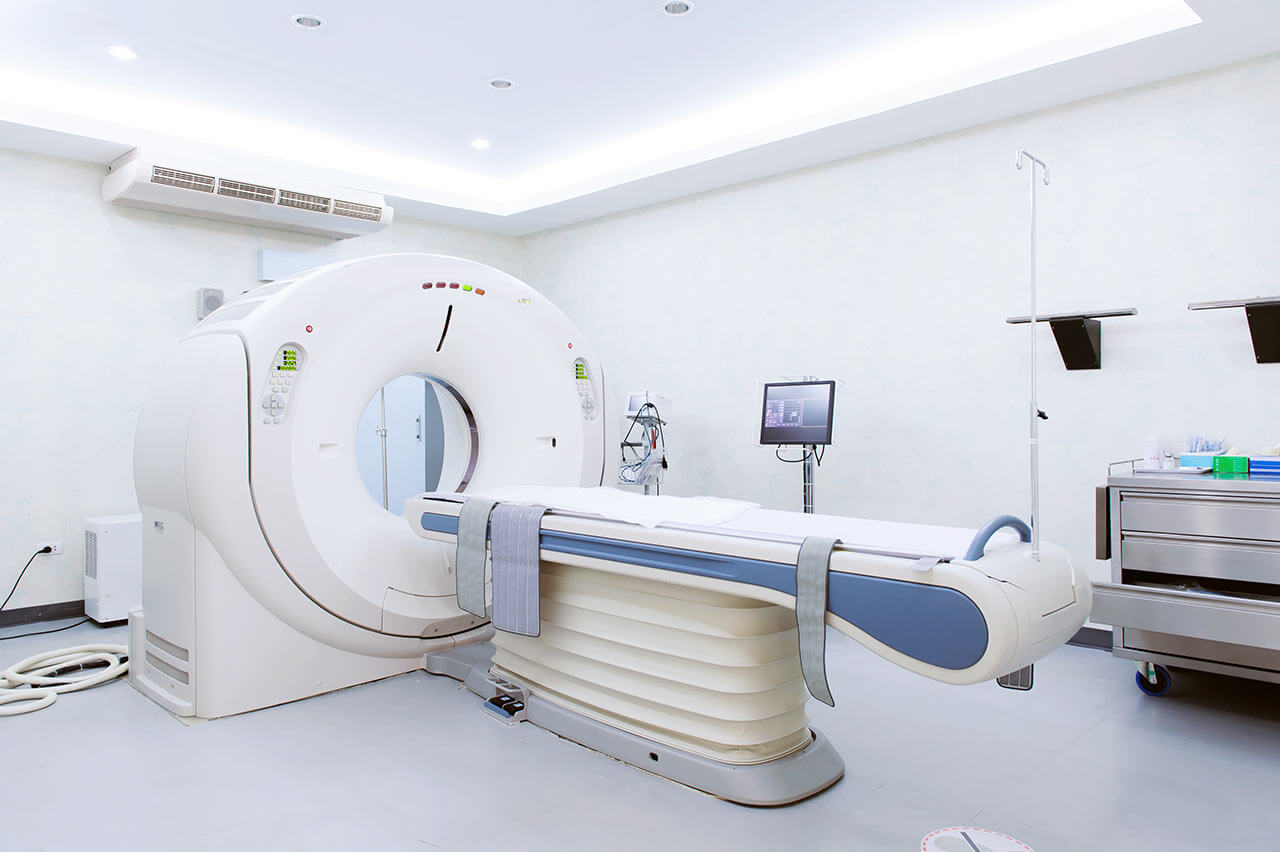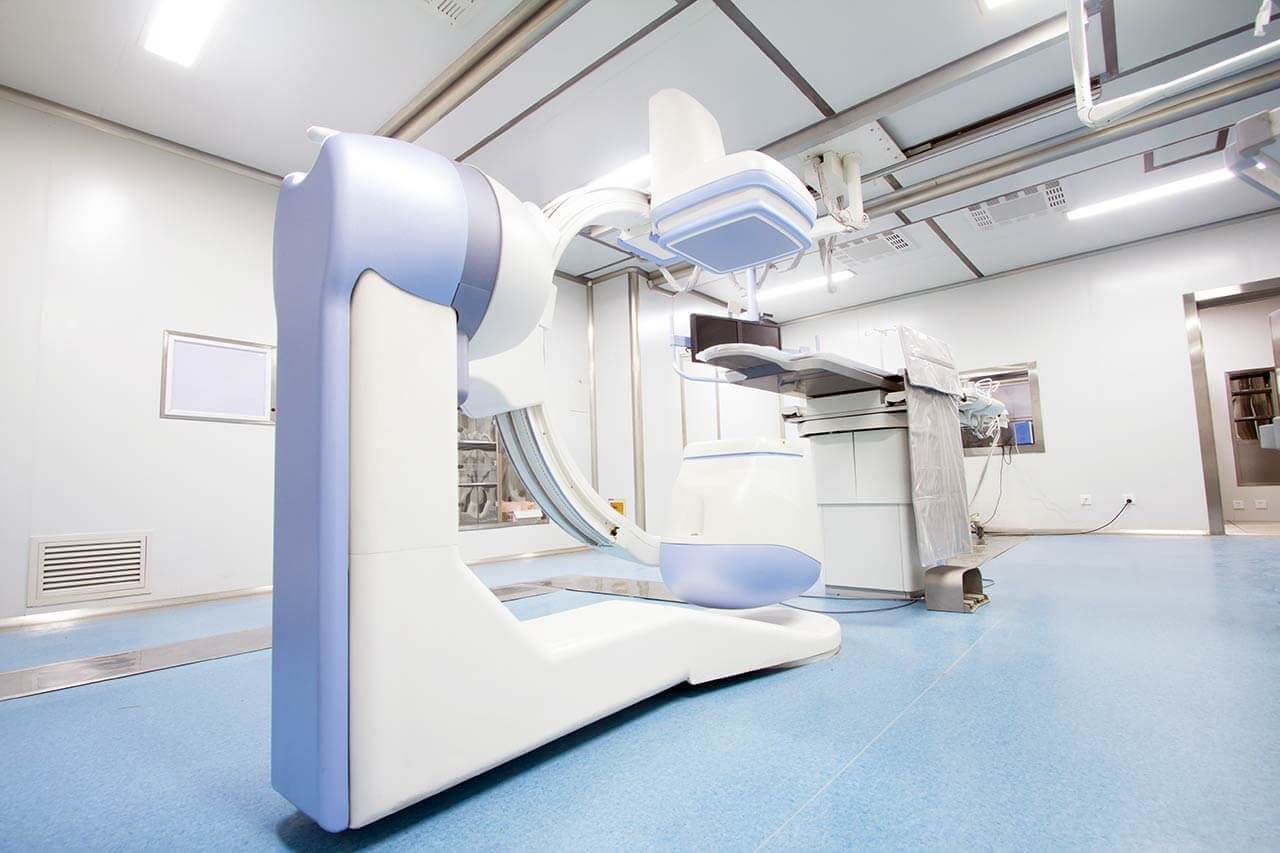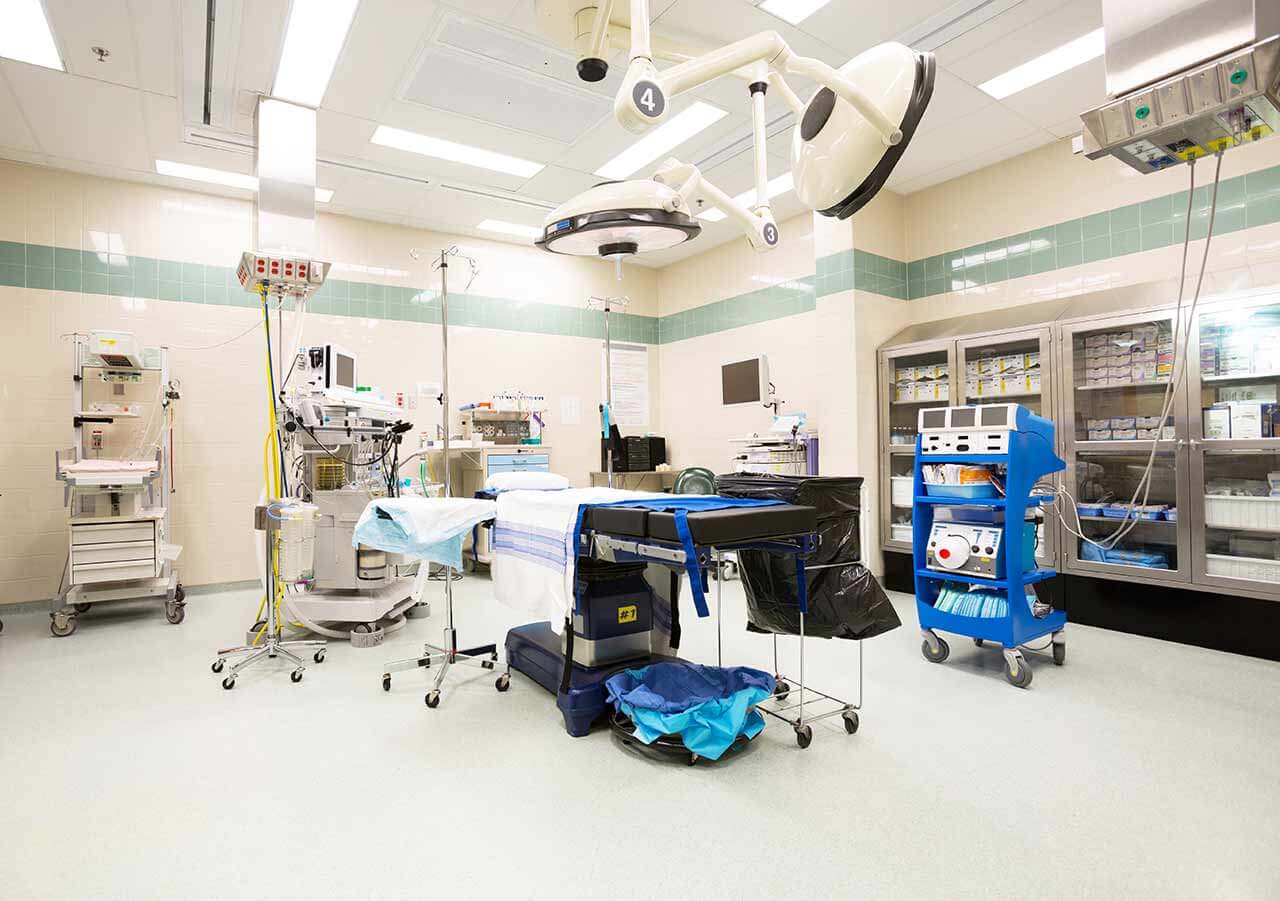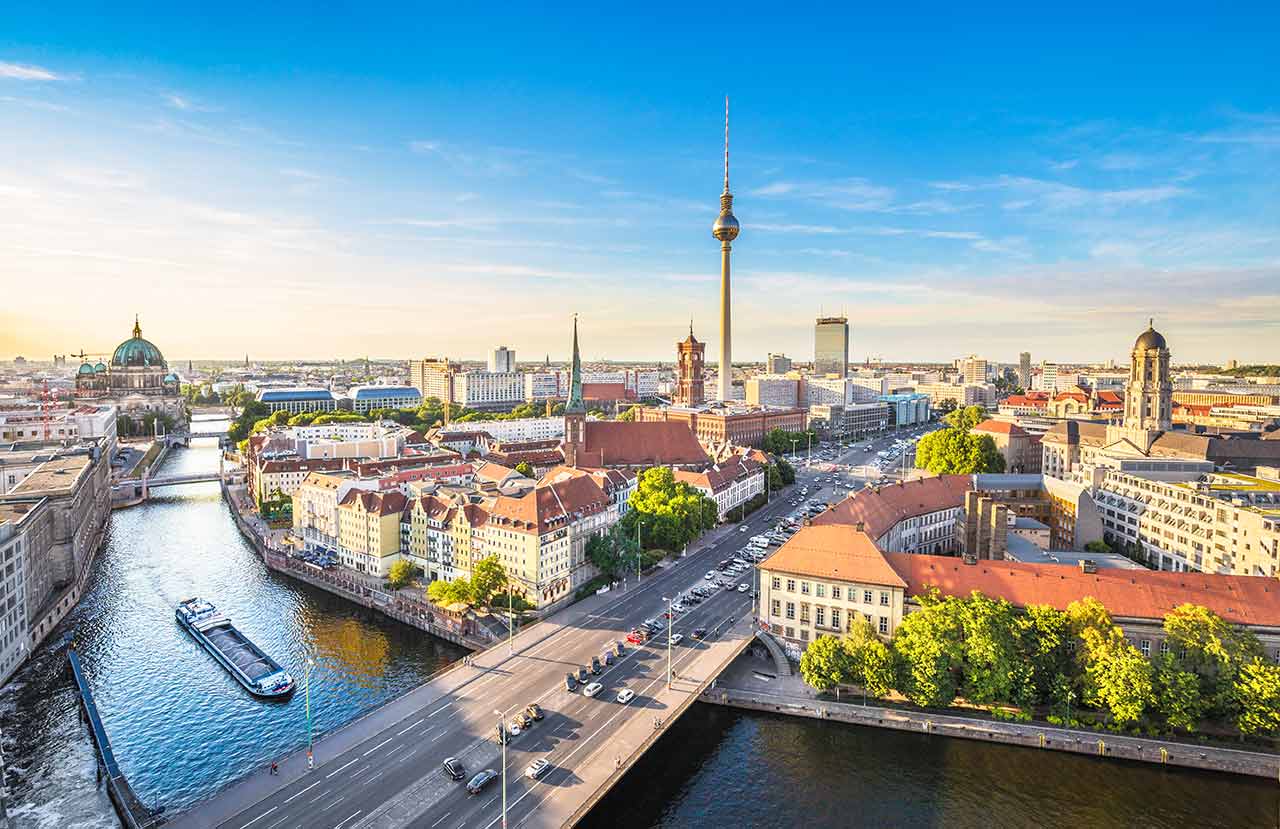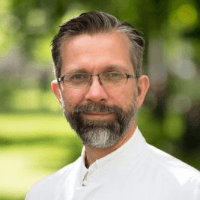
The program includes:
- Initial presentation in the clinic
- clinical history taking
- review of medical records
- physical examination
- laboratory tests:
- complete blood count
- general urine analysis
- biochemical analysis of blood
- inflammation indicators (CRP, ESR)
- indicators blood coagulation
- neurological examination
- functionality x-ray
- CT/MRI scan
- neuropsychological tests (on indications):
- ENMG (electroneuromyography)
- EEG (electroencephalography)
- SEPs (somatosensory evoked potentials)
- VEPs (visually evoked potentials)
- BAEP tests (brainstem auditory evoked potential)
- preoperative care
- partial resection of hemangioma with
subsequent coiling - histologically examination of the remote tissues
- blood transfusions (if needed)
- 1-day intensive care unit stay
- postoperative MRI control
- symptomatic treatment
- control examinations
- the cost of essential medicines and materials
- nursing services
- full hospital accommodation
- developing of further guidance
Required documents
- Medical records
- MRI/CT scan (if available)
- MR/CT-angiography (if available)
Service
You may also book:
 BookingHealth Price from:
BookingHealth Price from:
About the department
The Department of Adult and Pediatric Neuroradiology at the Charite University Hospital Berlin offers the full range of diagnostic and therapeutic procedures for the detection and treatment of diseases of the nervous system in children and adults. Of particular interest are stroke therapy, endovascular treatment of cerebrovascular diseases, such as aneurysms and arteriovenous malformations, imaging examinations in children. The department cooperates closely with experts in the field of neurology, neuropediatrics and neurosurgery, which creates optimal conditions for the provision of comprehensive treatment of the highest level. The department is headed by Dr. med. Georg Bohne.
The department has modern imaging systems, such as computed tomography (CT), magnetic resonance imaging (MRI) and digital subtraction angiography (DSA). In addition, the service range complements the ability to perform intraoperative imaging using MRI and DSA. The ultramodern technical equipment allows not only to image the anatomical structures, but also to assess their functions, for example, blood circulation, metabolic processes, cerebrospinal fluid outflow and others.
An important component of the department's work is research aimed at the improvement of existing and development of new diagnostic and treatment methods. Priority focuses in this field are researchers for the optimization of diagnostics and treatment of tumors of the CNS, inflammatory diseases of the CNS (for example, multiple sclerosis), pathologies of the brain and spinal cord, including malformations in children, developmental delays and brain tumors in children, neurovascular diseases, acute stroke etc.
The diagnostic and therapeutic services of the department include:
- Imaging diagnostics
- Computed tomography (CT)
- High resolution skull base CT
- Head and neck CT angiography (multislice CT system)
- CT perfusion (for the diagnostics of stroke, tumors)
- CT of the temporal bone, including virtual otoscopy (high resolution multislice CT system)
- Magnetic resonance imaging (MRI)
- Diffusion MRI
- Perfusion MRI
- Functional MRI
- Diffusion tensor magnetic resonance imaging, including MR spectroscopy and MR tractography
- Cranial nerve MRI, including virtual cisternography
- Computed tomography (CT)
- Minimally invasive interventions
- Treatment of aneurysms (coiling)
- Treatment of vascular malformations of the brain and spinal cord (embolization)
- Stent implantation and angioplasty of vessels of the neck and head
- Interventional recanalization in acute stroke
- CT-guided minimally invasive pain therapy
- Other diagnostic and therapeutic options
Photo of the doctor: (c) Charité – Universitätsmedizin Berlin
About hospital
According to the reputable Focus magazine, the Charite University Hospital Berlin ranks 1st among the best healthcare facilities in Germany!
The hospital is one of the largest and leading university medical complexes in Europe, and also consistently holds leading positions in the international medical arena. The Charite operates on the basis of the Faculty of Medicine of the Free University of Berlin and the Humboldt University of Berlin. Patients are offered modern diagnostics and treatment with the very latest methods, many of which were developed by professors and scientists of the medical complex. More than half of all German Nobel Prize winners in medicine and physiology, such as Emil von Behring, Robert Koch, and Paul Ehrlich, studied and worked at the Charite University Hospital Berlin. The medical complex includes more than 100 specialized departments and institutes, which helps to ensure that patients receive care in all existing medical specialties. The hospital has exceptional experience in treating complex clinical cases.
Each year, the hospital treats more than 137,800 inpatients and more than 787,700 outpatients. The hospital has a bed capacity of 3,293 beds. A huge medical team consisting of 5,670 scientists and doctors and more than 6,000 nurses work for the benefit of the patients. The main task of all specialists of the medical facility is to restore the patient's health or save his life in critical cases. The hospital has a friendly atmosphere where every patient feels care, respect and empathy.
The Charite University Hospital Berlin is generously funded by the German government, which is why it offers patients the latest generation of excellent equipment and comfortable infrastructure. The Charite medical complex is equipped with da Vinci robotic surgery systems, laser technologies, equipment for endovascular catheter-based interventions, neuronavigation devices, intraoperative monitoring systems, equipment for proton therapy available only in the most advanced medical centers in the world, and many other technologies. All these resources, combined with the experience and professional skills of the hospital's doctors, are the key to providing the most effective and safe treatment in accordance with the highest international medical standards.
The hospital is recognized with a huge number of quality certificates, including DIN EN ISO 9001:2015, certificates from the German Cancer Society (DKG), the German Society for General and Visceral Surgery (DGAV), the German Society for Thoracic Surgery (DGT), the German Hernia Society (DHG), and the ERAS Society.
The Charite University Hospital Berlin is a benchmark in the European healthcare system. Patients therefore receive impeccable medical service, quality care, and personalized service that puts the patient and their individual needs first.
Photo: (с) depositphotos
Accommodation in hospital
Patients rooms
The patients of the Charite University Hospital Berlin live in comfortable rooms made of modern design. Each room is equipped with an ensuite bathroom with a toilet and a shower. The standard room furnishing includes an automatically adjustable bed, a bedside table, a wardrobe for storing clothes, a table and chairs for receiving visitors, and a TV. If desired, Wi-Fi access can be provided. The hospital also offers enhanced-comfort rooms.
Meals and Menus
The patient and his accompanying person have a daily choice of three menus. If for any reason, you do not like the food, you will be offered an individual menu. Please inform the medical staff about your dietary preferences before the treatment.
Further details
Standard rooms include:
Religion
Religious services are available upon request.
Accompanying person
During the inpatient program, an accompanying person may stay with you in a patient room or at the hotel of your choice.
Hotel
During the outpatient program, you can live at a hotel of your choice. Managers will help you to choose the most suitable options.
The hospital offers a full range of laboratory tests (general, hormonal, tests for infections, antibodies, tumor markers, etc.), genetic tests, various modifications of ultrasound scans, CT scans, MRI and PET / CT, angiography, myelography, biopsy and other examinations. Treatment with medications, endoscopic and robotic operations, stereotaxic interventions is carried out here, modern types of radiation therapy are also used. The hospital offers patients all the necessary therapeutic techniques.
- Proton therapy
- CyberKnife treatment
- Hyperthermic intraperitoneal chemotherapy (HIPEC)
- PSMA therapy with Lutetium-177
- Joint replacement in adults and children
These are oncological diseases, benign neoplasms of the brain and spinal cord, heart valve defects, diabetes mellitus and its complications, joint diseases and other pathologies.
- Neurosurgery
- Oncology
- Plastic and reconstructive surgery
- Interventional radiology
- Proton therapy (Proton Therapy Center BerlinProtonen)
The medical team includes more than 4,225 highly qualified scientists and doctors.
